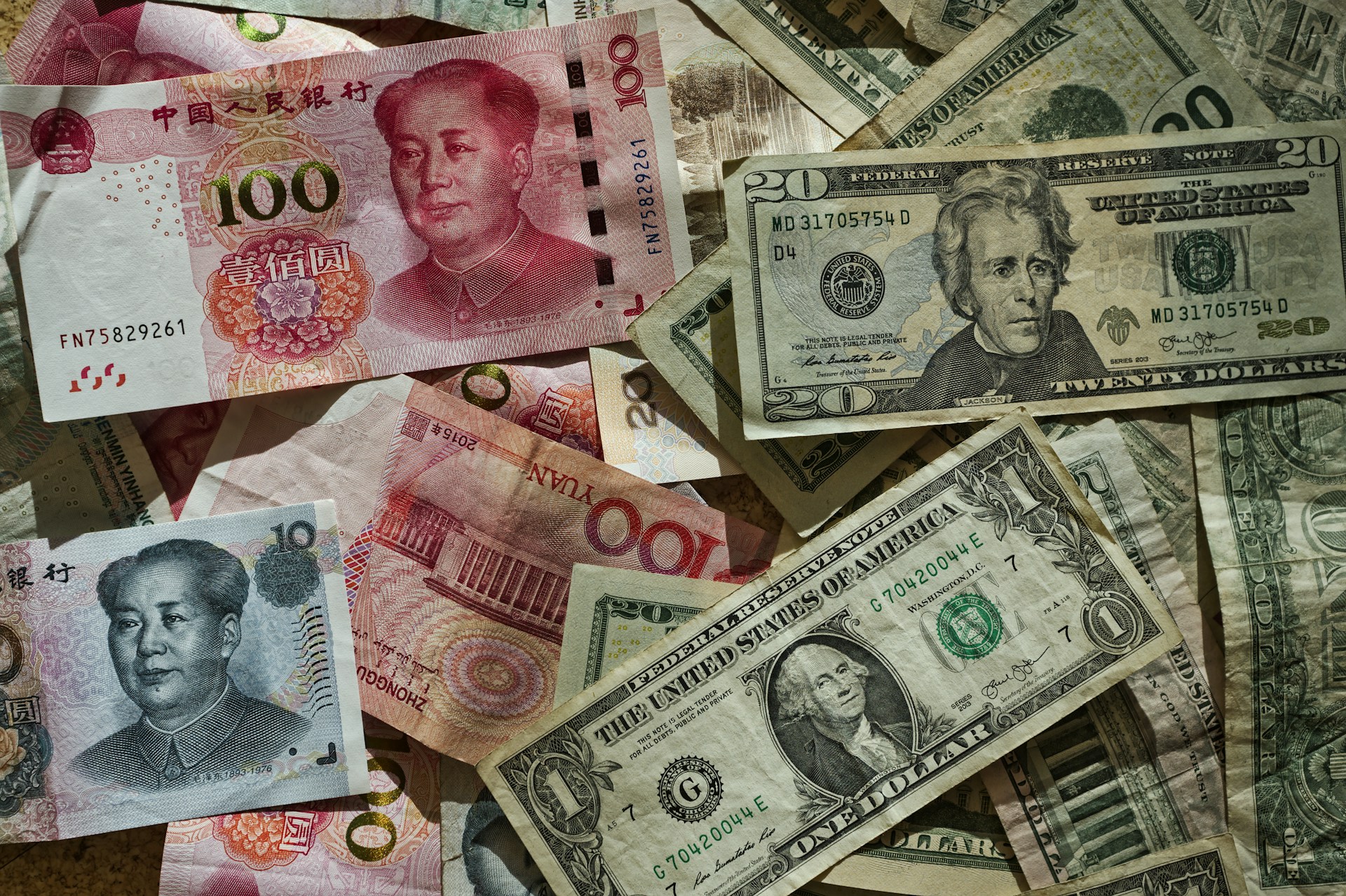You’re about to watch a free video on a new round of sanctions hitting Russia, but before you do, learn how you can get access to the most recent videos and support a good cause in the process…
All proceeds for the remainder of this calendar year from all new subscriptions on Patreon between now and November 1, will be donated to MedShare International. That means you can get access to the daily videos, news digests, community forum and live Q&A, and your money will be going directly to support those in need.
You can click the link below to join us on Patreon or donate directly to help support MedShare’s efforts.
The Russians are kind of like the Hydra from Greek mythology – that’s the creature that grows two heads every time you cut one off, for those who have been out of 5th grade for a bit – but the most recent round of sanctions might be the cauterizing torch needed to stop the Russians from bouncing back this time.
Sanctions are not a new strategy to fight the Russians; the US and the Europeans have used them to cut off access to dollar/euro liquidity since the dawn of the Ukraine War. While this shut the Russians down for a bit, the Chinese stepped in and provided yuan liquidity to help circumvent those Western sanctions.
On October 12, the exemption allowing Chinese yuan to help the Russians will expire. Any Chinese institutions that continue working with the Russians will risk losing access to dollar liquidity, which would be devastating for the Chinese economy. The removal of the yuan will limit Russian trade and global economic activity and I would expect most Russian industries to take a big hit, except for those producing military parts and equipment.
We’re entering unprecedented territory here. No country of Russia’s scale has been cut off from global liquidity, so the outcome is up in the air. However, the next round of sanctions could very well decimate the Russian economy.
Here at Zeihan On Geopolitics we select a single charity to sponsor. We have two criteria:
First, we look across the world and use our skill sets to identify where the needs are most acute. Second, we look for an institution with preexisting networks for both materials gathering and aid distribution. That way we know every cent of our donation is not simply going directly to where help is needed most, but our donations serve as a force multiplier for a system already in existence. Then we give what we can.
Today, our chosen charity is a group called Medshare, which provides emergency medical services to communities in need, with a very heavy emphasis on locations facing acute crises. Medshare operates right in the thick of it. Until future notice, every cent we earn from every book we sell in every format through every retailer is going to Medshare’s Ukraine fund.
And then there’s you.
Our newsletters and videologues are free and we will never share your contact information with anyone. All we ask is that if you find one of our releases in any way useful, that you make a donation to Medshare. Over one third of Ukraine’s pre-war population has either been forced from their homes, kidnapped and shipped to Russia, or is trying to survive in occupied lands. This is our way to help who we can. Please, join us.
Transcript
Hey everyone, Peter Zeihan here, coming to you from the South Carolina coast. And since we’re on a beach, we have to talk about finance. Yeah. We’re about to get something really interesting happening in Russia with the sanctions. Now, first, the backstory: if you remember a few months back, the United States restricted dollar liquidity, and the Europeans restricted euro liquidity, which is a fancy way of saying that if you are a Russian entity, you can no longer access the currencies. Liquidity is basically the lubricating oil that allows everything to move, allowing any sort of financial institution to get temporary loans to smooth over operations.
The sanctions essentially shut down the Moscow Stock Exchange because, without currency to constantly churn through, any sort of international exchange becomes impossible. Keep in mind that, especially for the U.S. dollar, it’s the intermediary in all foreign trade. So when the United States said, “Nope, you’re out,” the Russians had to find other ways to do things. In the meantime, that shut down a lot of operations. So the exchange itself actually closed down for a while.
Anyway, what happened was the Chinese stepped into that role with yuan, essentially introducing an extra step and an extra cost, but allowing operations to begin again. The problem is that on October 12th, the exemption for the Chinese runs out. Basically, in order to ensure there was less of a shock to the global system, during the first phase of the sanctions, the Russians were denied access to liquidity. Now, in the second phase, anyone dealing with the Russians will be denied access to this liquidity as well.
For the last few months, the Chinese, who have dollar liquidity, have been providing yuan to the Russians. That will now be removed, or the Chinese companies and banks — all of which are state-owned — will lose access to dollar liquidity. Since the Chinese economy is roughly nine times the size of the Russian economy, every Chinese financial institution has far more exposure to the global system and the American economy than to the Russians. So, essentially, all this U.S. dollar liquidity is going to go away overnight. We’re going to see another seizing effect in the Russian system. Pretty much any company that uses parts or sells any commodity or product on the international system — which is, you know, 80% of them — is going to be out of luck.
There will be some exceptions. The Russian government has picked up a lot of yuan over the last couple of years because they’re trying to limit their exposure to everything else, so they have sufficient currency reserves to provide limited supply to limited companies. But almost all of that is going to the companies that have to import parts for weapons systems. So you’re looking at maybe 20 to 30% of the Russian companies that need this liquidity being able to get some of it in order to keep weapons manufacturers running. Because, as we’ve seen in this war, Russia’s technical skills have suffered greatly.
Probably half of their parts are coming from China, and about 10 to 20% are coming from the West. All of that requires currency liquidity. So the companies involved in those trades and in that manufacturing will still be able to get yuan from the central government and use that to access international systems. But everyone else is going to be high and dry.
Textbooks tell us that this shift to a more autarkic model is going to completely devastate any sort of economic flexibility. Everything from payroll to sourcing is going to be almost impossible. The problem with that confidence is that we’ve never had anyone of note get cut off to this degree before. In past times when the United States has done something like this, it’s been to a country like Iran, where, let’s just say, manufacturing and international trade are not something they’re really good at, at least not in this millennium.
And there wasn’t a secondary level, so rubles or yuan or euros or whatever could still be used to get in through the back door. This is much more airtight. On the 12th, we’re going to find out exactly what effect this has. Based on its effectiveness, we’ll know exactly what the next round of sanctions will be.








